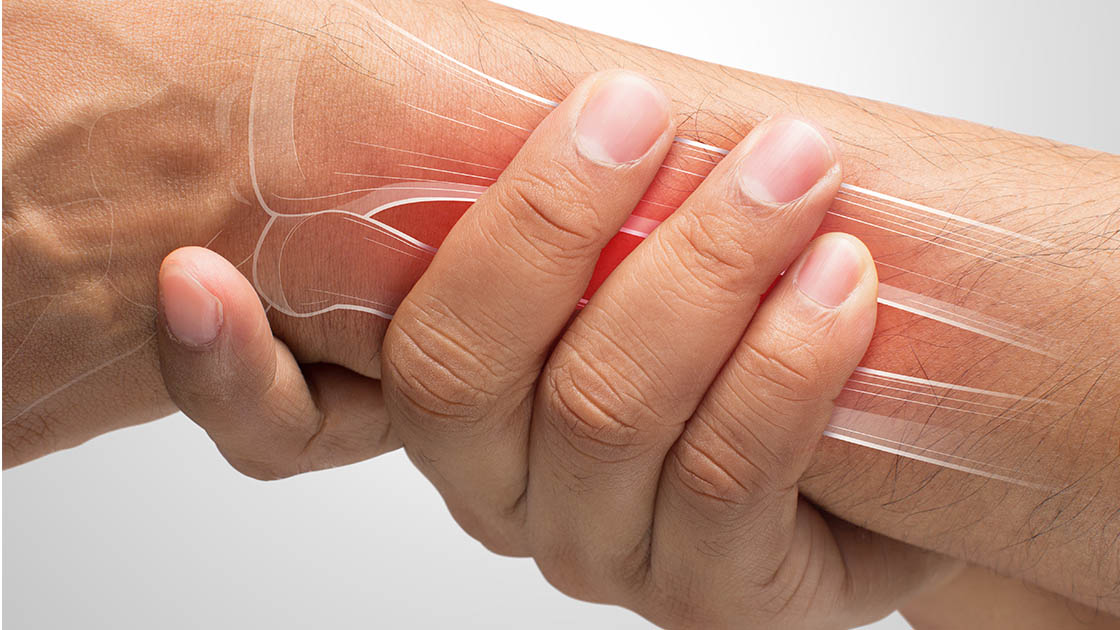Page Contents
Rheumatoid arthritis (RA) is a chronic autoimmune disease that predominantly affects joints, causing inflammation, pain, stiffness, and even irreversible damage. With the continuous advancement of medical science, novel and innovative treatment avenues are emerging to alleviate the suffering of RA patients. Among these, laser therapy has garnered significant attention, utilizing the power of light to mitigate RA symptoms. In this piece, we will explore the fundamental principles underlying surgical laser therapy, examine its benefits, and also take a closer look at alternative laser therapy techniques used to address rheumatoid arthritis.
Symptoms of Rheumatoid Arthritis
Rheumatoid arthritis presents a diverse array of symptoms, including joint pain, swelling, stiffness, and limited mobility. Patients frequently feel more pain and stiffness in the morning.They also experience these sensations after long periods of rest. This has a significant impact on their daily lives. While conventional treatment methods such as medications, physical therapy, and lifestyle changes exist, they often fall short of providing a comprehensive solution. This opens the door to exploring the potential of laser therapy.
Mechanism of Laser Therapy
Laser therapy, also known as low-level laser therapy (LLLT) or cold laser therapy, harnesses the energy of low-intensity laser light to stimulate cellular activity. The penetrating light energy promotes cell repair, reduces inflammation, and aids in the healing process. Unlike traditional thermal therapies, laser therapy is non-thermal and operates without generating heat, ensuring its safety.
Advantages of Surgical Laser Therapy for Treating Rheumatoid Arthritis
Surgical laser therapy has emerged as a cutting-edge approach in the realm of rheumatoid arthritis treatment, providing a focused solution by directly targeting the compromised joint tissues. This technique is different from regular medicine-focused approaches. It helps avoid stomach issues and other unwanted effects linked to those treatments.The notable benefits of surgical laser therapy encompass the following:
- Precision Treatment: One of the prime advantages of this therapy is its unparalleled precision. By concentrating the laser on the specific affected areas, it optimizes the therapeutic impact and ensures that the treatment directly addresses the root of the problem. This precision aids in minimizing collateral damage to healthy tissues, making it an ideal choice for those seeking targeted relief.
- Prompt Relief: A noteworthy outcome experienced by many patients undergoing surgical laser therapy is the swift relief it offers. Following the treatment, individuals frequently report a rapid alleviation of pain and discomfort, enabling them to regain mobility and engage in daily activities more comfortably.
- Minimal Invasiveness: Surgical laser therapy boasts a significant advantage in terms of invasiveness when compared to traditional surgical interventions. With the use of laser technology, medical professionals can perform procedures with minimal incisions, resulting in reduced tissue disruption. This not only contributes to a speedier recovery but also lowers the risk of post-operative complications.
The advancement of surgical laser therapy for treating rheumatoid arthritis is showing a significant change in how medical science deals with chronic conditions. The emphasis on precision, rapidity, and minimally invasive techniques resonates with the growing demand for treatments that not only alleviate symptoms but also enhance the overall quality of life for patients. As this therapy continues to evolve, its potential to transform the landscape of rheumatoid arthritis management remains a promising prospect.
Alternative Laser Therapy Methods
Beyond surgical laser therapy, other methods exist for applying laser therapy to rheumatoid arthritis treatment, including:
Low-Level Laser Therapy: Alleviating symptoms by stimulating cell repair and reducing inflammation.
Laser Acupuncture: Combining laser therapy with acupuncture techniques to enhance treatment effects.
Laser Heat Therapy: Utilizing laser-generated heat to promote blood circulation and tissue repair.
Final Words
Laser therapy brings newfound hope to individuals burdened by the challenges of rheumatoid arthritis. Its precision treatment, rapid relief, and minimal invasiveness make it a safer and more effective alternative for patients. While research is still ongoing, the potential of laser therapy is already beginning to manifest, promising an improved quality of life for numerous patients. Make sure to involve healthcare professionals before you proceed with laser therapy. This way, you’ll have a treatment plan that fits your unique requirements.
